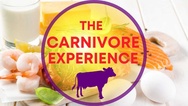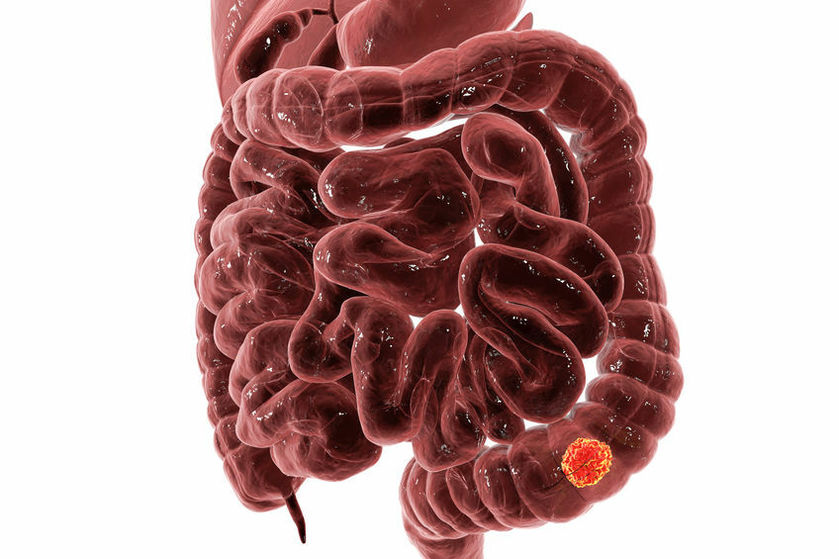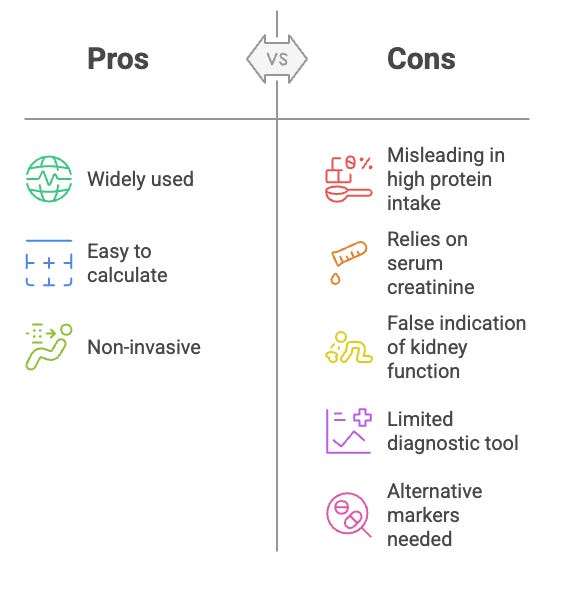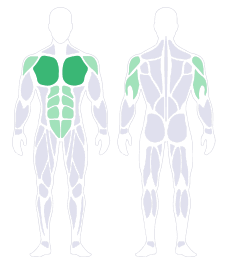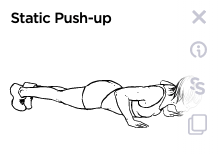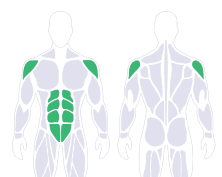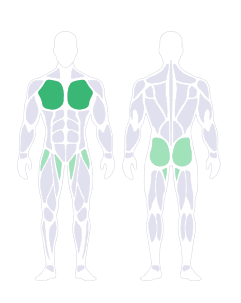The biggest study of red meat ever conducted in 2019 concluded that there is no strong evidence to support the claim that red meat causes colorectal cancer. Despite this the internet is full of people claiming it does. This post will examine the mis-leading claims and how people in mainstream and social media keep repeating false claims and how they 'get away with it'. Once that's looked at then the post will move on to the specific studies that have been misrepresented. Finally we will discuss how some studies that show red meat may help prevent colon cancer have been suppressed.
To illustrate the point of how easy it is to misrepresent associations lets start with a claim that has data to back it up and a great looking graph too. It's to do with cheese and brain power.
If you eat mozzarella cheese you're more likely to become a professor in civil engineering.
This is from a fantastic tongue-in-cheek website that illustrates how statistics and associative studies can suggest ridiculous correlations. It’s a site called Spurious Correlations by Tyler Vigen
http://www.tylervigen.com/spurious-correlations
What's this got to do with colon cancer?
Studies so often quoted regarding this important area of health are subject to a great deal of misrepresentation. The studies talked about are presented in different ways depending on the commentators view point. Often they talk about 'risk' but this implies proof of causality. Associative studies can only show coincidences as you've just seen above, they can not inform on cause and effect. Therefore the best way to present the findings if you want a true picture is to outline the actual raw data. This means the actual unadjusted observed numbers of incidences.
The EPIC (Oxford) study and other sources
So just how 'beneficial' is reducing the amount of red meat eaten?
In the study the actual amount of 'benefit' of reducing red meat consumption observed was just four fewer deaths out of a thousand people over eleven years. That's not statistically meaningful and the cause of death could be a whole host of other things, there is no way to prove that those 4 extra deaths in the 1,000 people was due to the fact they ate red meat. If you have a theory to push the numbers do not help. These very abysmally small numbers do not grab headlines.
It's also unlikely that red meat CAUSED those 4 deaths out of 1,000 people, there's quite a high probability it could just be bad luck! See the study here. https://www.acpjournals.org/doi/10.7326/M19-0655

Statistics can create fear when manipulated
So instead of reporting on actual numbers of incidences observed many researchers now, incorrectly, use the word 'risk' and report on that. They also use a further dilution called 'relative risk.' To give you an example of how reporting on 'relative risk' can change how a study is viewed here is an example.
If you had one death in a million people doing a certain thing and compared it to TWO deaths in a million of people doing a different thing the relative risk of doing the different thing is a 100% increased risk. But it's not dealing in reality. 1 in a million compared to 2 in a million gives you proper context of the incredibly low incidence and how small the risk is, if any. The extra 1 death in million could be yet some other thing.
Small sample size issues
In a small group a small difference might be observed and might be meaningful if you can accurately apply the numbers affected into millions of people. But if the effect in a small group is not representative of the wider population than the result loses utility. Hence bigger sample sizes generally are more reliable.

Processed meat lumped in with red meat
I've personally taken part in one of these types of studies and on my questionnaire there was no way to differentiate between processed meat and grass-fed red meat. So I was treated the same as someone who might eat at McDonalds and have Big Macs or a person who loves hot dogs. Someone eating the last two items is probably less health conscious in other ways compared to me. This is termed as 'healthy user bias.' For example someone reporting to be vegan may also choose not to smoke and drink alcohol , because they've made a choice to live in a way that they believe is a healthy way of eating so they also probably adopt other healthy lifestyle choices.
Randomised Controlled Trials
These are considered more reliable than epidemiology (as epidemiology is an associative methodology described above and can not inform on causal effects) A meta-analysis is a study that looks at a range of studies and collates them together. This means you have a larger sample size.
Although this approach appears to reduce the opportunity for the researchers to exhibit perception bias, where the researcher may already have made assumptions about the cohort groups, it can still be hindered by a possibility of confirmation bias. Confirmation bias is where researchers seek out evidence that is likely to confirm initial perceptions and any contrary information is ignored.
https://www.acpjournals.org/doi/10.7326/M19-0622
This meta-analysis of RCTs had this to say:
Conclusion: Low- to very-low-certainty evidence suggests that diets restricted red meat may have little or no effect on major cardiometabolic outcomes and cancer mortality and incidence

Cherry picking
Cherry picking is defined as
To pick out the best, or most desirable items from a list or group, especially to obtain some advantage or to present something in the best possible light.
Some studies deliberately try to obtain the result they are after by using small sample size with very little follow up. Choosing people likely to develop the issues suspected. One such study did this, was published and got a lot of media attention. It was later retracted and modifications were implemented after criticism. Too late though as the headlines had already been published.
Anyone can look at tables of results and come up with scare tactics.
Vegetarians: 49% Higher Risk of Colorectal Cancer
Looking at this study "Cancer incidence in vegetarians: results from the European Prospective Investigation into Cancer and Nutrition (EPIC-Oxford)" it would be easy to use the above misleading headline. Sadly this type of thing is carried out everyday. The best thing if you ever see a headline you find hard to believe is to try and look at the actual empirical data. Basically the numbers of incidence. If you click the link and look at table 3 you’ll see the numbers used to justify the scare headline. I do not support the headline’s assertion that vegetarians have a 49% higher risk of colorectal cancer even though the study shows this in table 3, but use it to illustrate the point. It may be true but this is an associative study and can not inform on risk because you can not prove that it's the cause of the difference. (the study link is below)
https://academic.oup.com/ajcn/article/89/5/1620S/4596951
WHO 2015 Guidelines
The IARC (international association of research on cancer) reported processed meat as a class 1 carcinogenic and red meat a class 2. They used a 'relative risk' of 1.18 and 1.17 respectively. Since 2015 a number of studies have come out to say that the IARC is not really accurate, true or based on strong evidence. One method to test validity of theories is the Bradford Hill criteria, which has been used for over 60 years. It suggests that relative risk needs to be above 2.0 or 200% to show possible meaningful associations. It also looks at plausibility, if humans have eaten a diet of at least 80% meat for over 250,000 (as proved in archaeology isotope N14 / N15 testing of human bones over millennium) is it plausible the human race would have thrived if red meat were causing damage? Every animal on the planet that eats red meat does not get higher incidence of colorectal cancer.
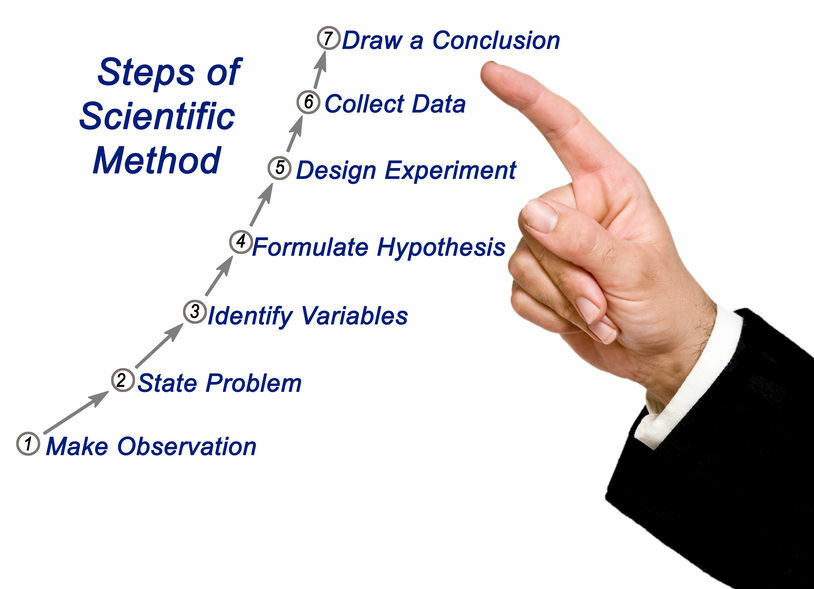
Confounders and healthy user bias
Epidemiological studies can not rule out other possible causes. Often people selected to be in meat eating groups are more obese, have higher rates of diabetes and tend to be less healthy in general. They are often greater smokers and partake in less exercise. This fits the profile of someone likely to eat a lot of meat from fast food outlets, so they're also eating potatoes, buns, sugar and drinking coke, they're generally not health conscious. Someone eating grass-fed beef is probably more likely to be considering healthy choices in all areas of their life.
The IARC conclusions was not universally accepted. A Dr Klurfeld sat on the committee and said it was 'one of the most farcical experiences he'd ever been a part of in his life.'

He essentially said that any study that did not support the conclusion was thrown out, there was experimental data that showed the exact opposite of the conclusion (demonstrating that red meat was preventative in development of colorectal cancer) and that was disregarded too.

Ethical bias
Add to this that many of those on the panel were plant-based advocates, vegans, seventh-day Adventists or vegetarians whose conflicts of interest were not declared!
Asian studies, which often show no relationship between red meat consumption and colorectal cancer were not considered.
The Nutri(RECS) Study 2019
The largest review of red meat ever conducted. One researcher on the study named Gordon Guyatt is the biggest proponent of evidence-based medicine (he even coined that phrase) "Unprocessed Red Meat and Processed Meat Consumption: Dietary Guideline Recommendations From the Nutritional Recommendations (NutriRECS)" Consortium concluded that there is no strong evidence that red meat causes heart disease, colorectal cancer or anything else. This study was not funded by anyone with conflicts of interest.

Fibre
One (and possibly only) clinical trial that has very clearly demonstrated that the lower the fibre intake the better your gut health becomes was conducted by Dr Paul Mason. See his presentation here to learn more about the benefits of no fibre in your diet
Final thoughts
Back to 'relative risk,' importantly it's worth knowing that the risk of colorectal cancer is 4% in an average persons lifetime, so even if you accept the claims about red meat increasing risk by 17% that becomes a 5% chance in real terms.
What really raises risk? It seems that is things like obesity, diabetes, hyperinsulinemia, chronic inflammation and most importantly chronic gut disease. What improves most of those things? A meat based diet.
See thousands of success stories here https://meatrx.com/category/success-stories/
